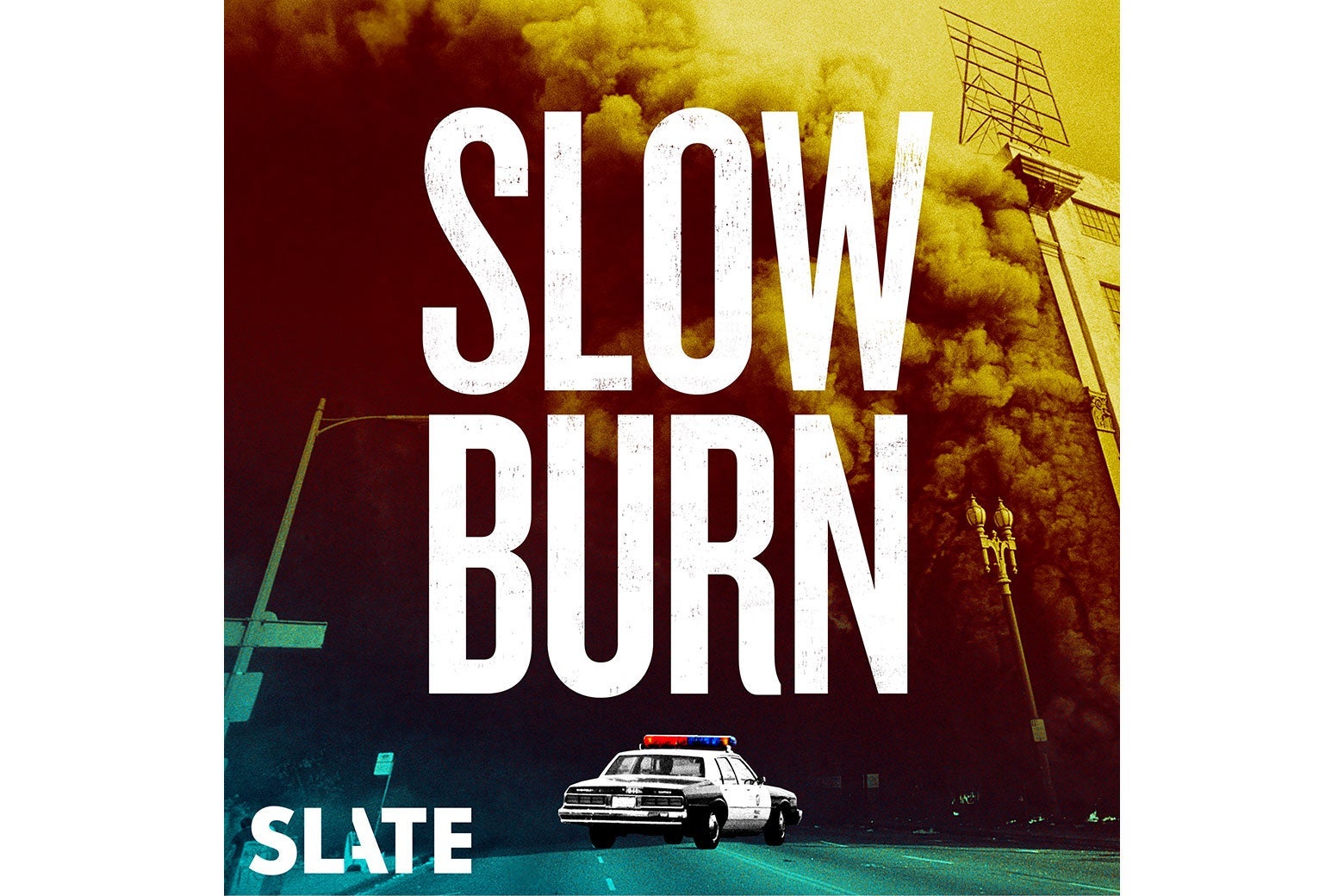The Controversy Surrounding Daryl Gates in Los Angeles
Keskeiset käsitteet
Gates' leadership style and the aftermath of Rodney King's beating led to a significant push for his removal from the LAPD.
Tiivistelmä
In 1991, Daryl Gates was a prominent figure in the LAPD, known for transforming it into a paramilitary-style force. The brutal beating of Rodney King shed light on the harsh tactics employed by Gates' police department. Despite widespread calls for his resignation due to the incident, Gates remained defiant and prepared to defend his position. The controversy surrounding Gates and his policing methods sparked intense debate and scrutiny within Los Angeles, ultimately leading to significant pressure for him to step down.
Mukauta tiivistelmää
Kirjoita tekoälyn avulla
Luo viitteet
Käännä lähde
toiselle kielelle
Luo miellekartta
lähdeaineistosta
Siirry lähteeseen
slate.com
How L.A. Tried—and Failed—to Hold the Police Chief Accountable for the Beating of Rodney King
Tilastot
In 1991, Daryl Gates was the face of the LAPD.
Rodney King’s beating exposed the brutality of Gates’ police force.
L.A.’s powerful institutions called for an end to Gates’ career.
Season 6 of Slow Burn is produced by Joel Anderson, Jayson De Leon, Ethan Brooks, Sophie Summergrad, and Jasmine Ellis.
Lainaukset
"No one could have predicted that this would be what brought down Chief Daryl F. Gates." - Joe Domanick
"The memory still haunts her—But Black History Is Full of Haunting Memories." - Morgan Jerkins
Tärkeimmät oivallukset
by klo slate.com 11-17-2021
https://slate.com/podcasts/slow-burn/s6/the-la-riots/e3/daryl-gates-police-chief-rodney-king
Syvällisempiä Kysymyksiä
What long-term impact did Daryl Gates' tenure have on the relationship between law enforcement and communities in Los Angeles
Daryl Gates' tenure as chief of the LAPD had a profound and lasting impact on the relationship between law enforcement and communities in Los Angeles. Under his leadership, the LAPD adopted a paramilitary-style approach that emphasized aggressive policing tactics, leading to increased tensions with minority communities. The department's use of excessive force, racial profiling, and lack of accountability eroded trust among residents, particularly those in marginalized neighborhoods.
Gates' controversial policies such as Operation Hammer, which targeted gang members but also resulted in widespread civil rights violations, further strained community-police relations. The infamous Rodney King beating exposed the brutality within the LAPD under Gates' watch, fueling outrage and calls for reform.
The legacy of Gates' tenure continues to shape perceptions of law enforcement in Los Angeles today. His aggressive tactics left a deep-seated mistrust towards police among many residents, especially people of color. Efforts to rebuild trust and improve community policing have been ongoing struggles due to the lasting impact of Gates' divisive leadership style.
Is there a valid argument defending some of the tactics employed by Daryl Gates during his time as chief
While many criticize Daryl Gates for his heavy-handed approach to policing that exacerbated tensions with minority communities in Los Angeles, some argue that there are valid justifications for certain tactics he employed during his tenure as chief.
Proponents may argue that during an era marked by high crime rates and gang violence in L.A., Gates implemented tough measures like Operation Hammer to combat criminal activity effectively. They might contend that these strategies were necessary responses to maintain public safety amidst challenging circumstances.
Additionally, supporters could point out instances where Gates prioritized officer safety or took steps to address specific issues within the department. For example, his efforts at modernizing technology or implementing new training programs could be seen as positive contributions despite criticisms against him.
However, while there may be arguments defending some aspects of Gates’ tactics from a practical standpoint given the context at that time; overall consensus remains heavily critical due to their detrimental effects on community relations and civil liberties.
How do historical events like the Watts Riots influence modern-day discussions on policing practices
Historical events like the Watts Riots continue to influence modern-day discussions on policing practices by serving as stark reminders of systemic issues within law enforcement agencies. The Watts Riots erupted over longstanding grievances related to police brutality against African American residents—a theme echoed in more recent incidents such as Rodney King’s beating under Chief Daryl Gate’s leadership.
These past events highlight how patterns of abuse can lead not only to social unrest but also prompt calls for structural reforms within police departments nationwide.
Moreover; they underscore persistent inequalities faced by marginalized communities at hands-off authorities—fueling demands for greater transparency accountability from law enforcement institutions today.
By examining historical flashpoints like Watts riots through contemporary lens; society can better understand root causes behind current debates around topics such use-of-force training bias-free policing—ultimately informing efforts toward creating more equitable just systems moving forward
0
